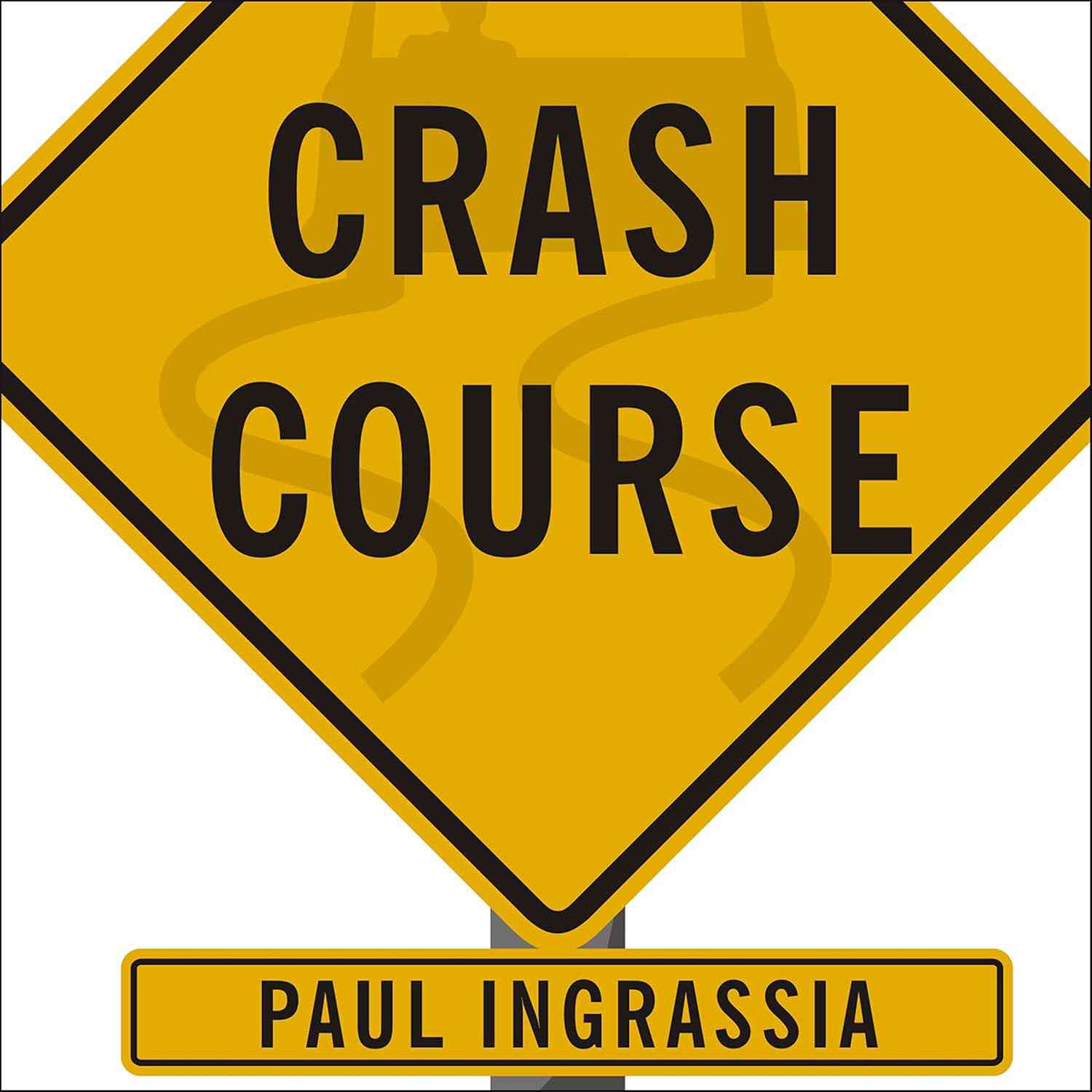
Reading 'Crash Course' felt like uncovering a family secret—one filled with drama, missed opportunities, and occasional triumphs. As someone who grew up around Detroit’s auto culture, this book resonated deeply, filling in gaps my childhood nostalgia glossed over.
The author’s novel-like pacing kept me hooked, especially the juicy details about GM’s self-sabotage (looking at you, Saturn project). I found myself yelling at the pages when reading how financial bean counters overtook engineers—a corporate tragedy that still stings today.
What surprised me most? The brutal honesty about union-management collusion. My grandfather’s stories about '70s assembly lines suddenly made sense—why his Buick’s doors never aligned properly despite those glossy showroom looks. The Japanese invasion chapter reads like a thriller; who knew protectionist policies would backfire so spectacularly?
Minor quibbles: The Aspen model mix-up made me double-check my own notes (yes, I keep a car nerd spreadsheet), but these are forgivable in such a comprehensive autopsy of an industry that once defined America. Perfect for gearheads and business buffs alike—just don’t read it near a vintage Mustang owner unless you want an impassioned debate.

